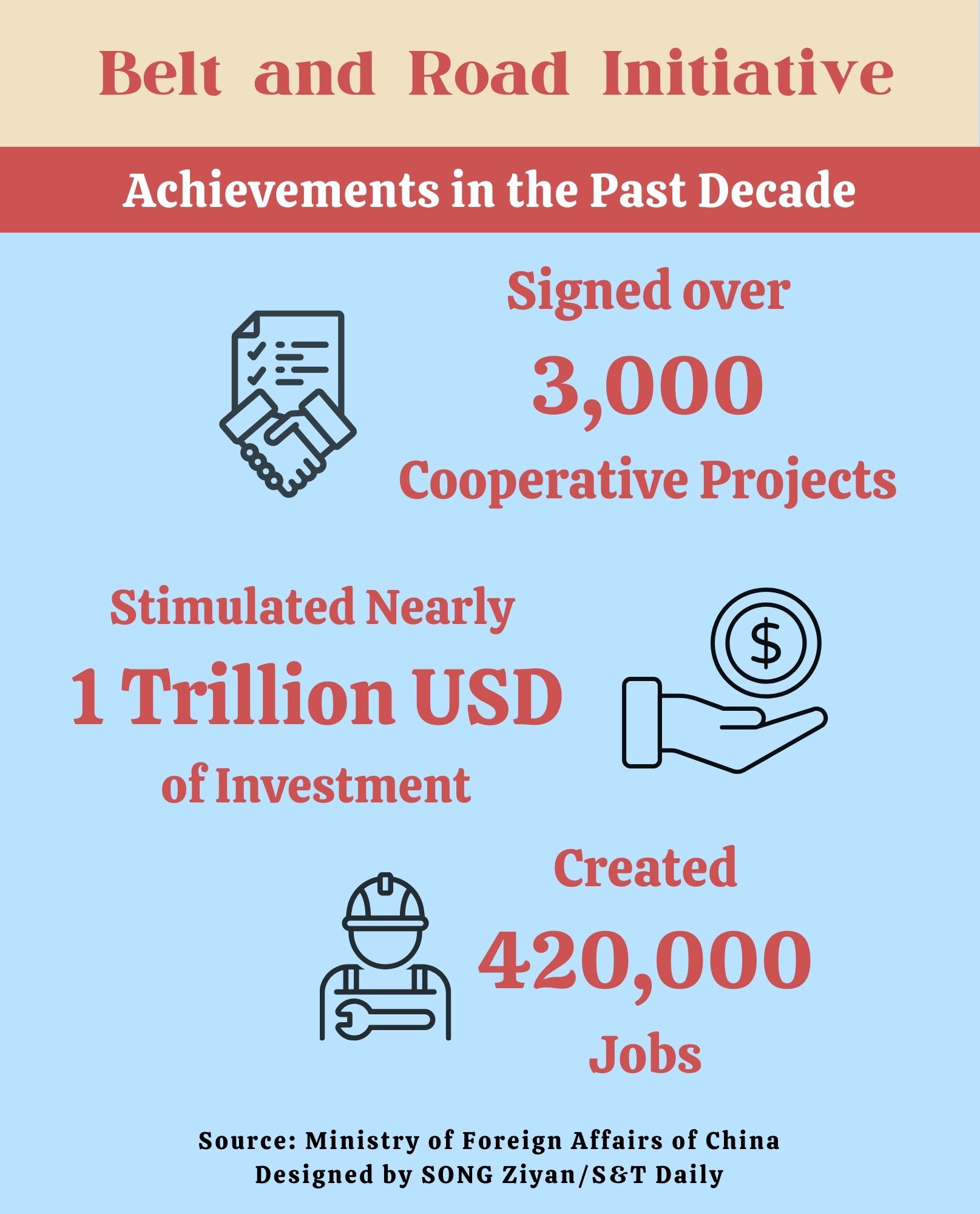Sewage Treatment Project Under BRI Benefits Millions of Bangladeshis

Edited by WANG Xiaoxia
The Dasherkandi Sewage Treatment Plant, built by a Chinese enterprise, was inaugurated recently in Dhaka, Bangladesh. It is the first large-scale modern sewage treatment facility in Bangladesh and can serve five million people in Dhaka, and also the largest monolithic sewage treatment plant in South Asia to date.
A sustainable and high -quality modern sewage treatment system is crucial for the long-term stability of urban water supply, said Bangladeshi Prime Minister Sheikh Hasina, who has witnessed the inauguration of the plant, adding that the operation of the sewage treatment plant marks the beginning of the overall planning of Bangladesh's sewage treatment system.
Hasina and other political dignitaries spoke highly of China's implementation of the Belt and Road Initiative (BRI), which helps improve the ecological environment as well as local people's life in Bangladesh.
Another remarkable project is the Padma Bridge built by a Chinese enterprise launched in June 2022. Hasina hailed the bridge as an important transportation junction to establish direct communication between the capital Dhaka and 21 districts in the southern part of the country.
This year marks the 10th anniversary of the BRI. Over the past ten years, the projects undertaken by Chinese companies have brought billions of dollars of investment for Bangladesh, said Yao Wen, Chinese Ambassador to Bangladesh.
Apart from Bangladesh, the BRI has been benefiting local populations in participating countries since its inception, creating more than 420,000 jobs and lifting almost 40 million people out of poverty outside China, according to the Ministry of Foreign Affairs of China.
Data from the World Bank says that by 2030, BRI cooperation is expected to increase trade by 2.8 to 9.7 percent for participating countries and 1.7 to 6.2 percent for the world, and this is expected to increase global real income by 0.7 to 2.9 percent.






